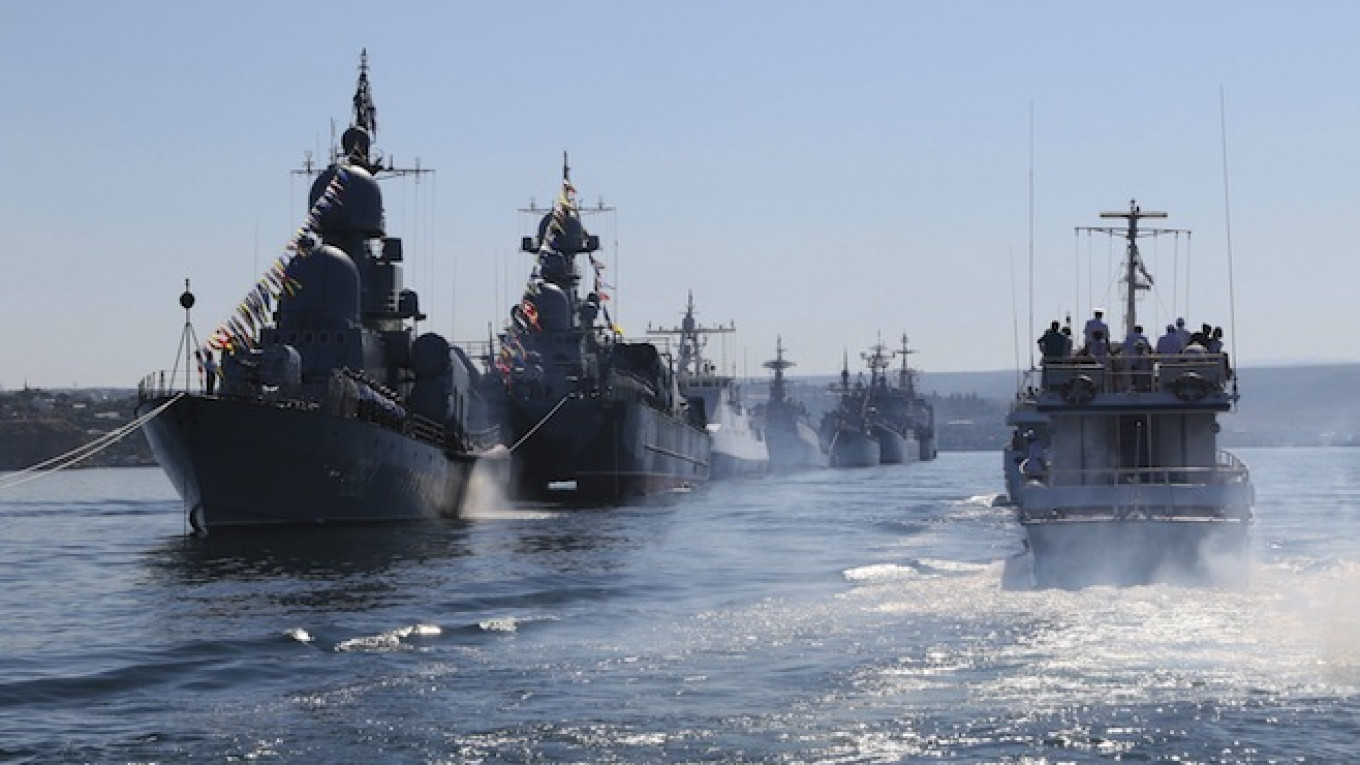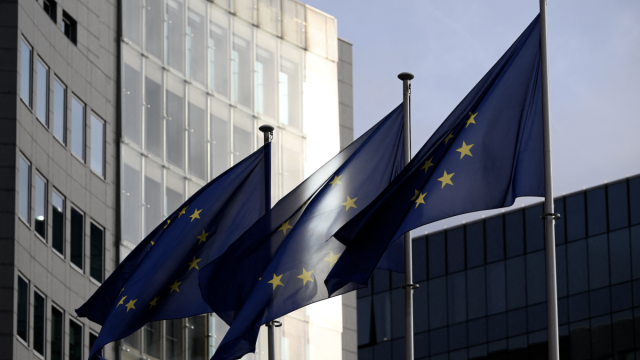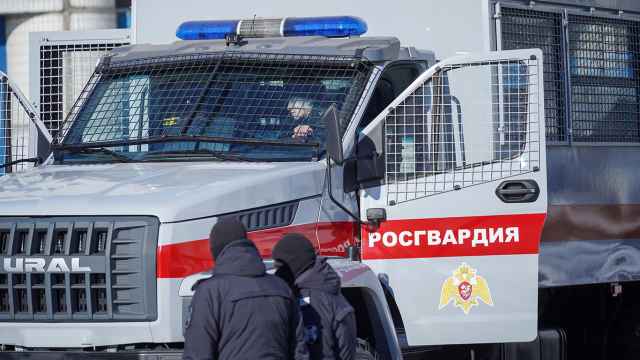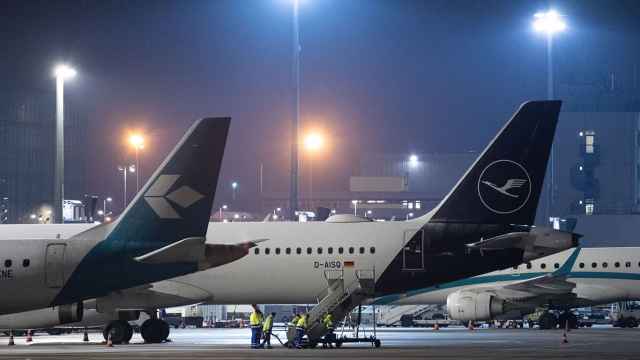The head of Russia's Black Sea Fleet on Sunday declared the end of a period of post-Soviet naval decay, saying that the fleet had received over 10 new warships last year and was set to receive a wide array of aircraft, submarines and surface vessels in the near future.
"For the first time in a long time we have inducted more than 10 new combat ships and support vessels into the fleet in the course of one calendar year," Admiral Alexander Vitko said, news agency RIA Novosti reported Sunday.
The Black Sea Fleet, headquartered at Sevastopol in Crimea, was severely limited by a basing agreement with Ukraine before Russia annexed the territory in March 2014. Under the agreement, Russia was unable to add new ships to the aging Soviet-built fleet.
The Defense Ministry began reinforcing the fleet with new vessels following the annexation last year and has added a handful of new submarines and small warships to its ranks.
The navy is one of the main beneficiaries of an ambitious 20 trillion ruble ($350 billion) rearmament program set to wrap up in 2020. The injection of funds aims to restore Russia's ability to project force beyond its own waters.
This year the navy is expected to commission over 10 new warships, 40 support ships and an unspecified number of naval aircraft and coastal defense forces into its ranks, the head of the navy, Admiral Viktor Chirkov, was quoted by news agency TASS as saying Sunday.
The navy is also increasing its operational tempo, spending more time at sea than at any point since the dissolution of the Soviet Union.
According to Chirkov, on June 30 the Russian navy had 100 warships and submarines deployed simultaneously, though as of Sunday only 68 were at sea.
Russia is now also maintaining a permanent deployment of up to 10 vessels in the Mediterranean at any given time, and has begun patrolling the Gulf of Aden, Chirkov said.
A Message from The Moscow Times:
Dear readers,
We are facing unprecedented challenges. Russia's Prosecutor General's Office has designated The Moscow Times as an "undesirable" organization, criminalizing our work and putting our staff at risk of prosecution. This follows our earlier unjust labeling as a "foreign agent."
These actions are direct attempts to silence independent journalism in Russia. The authorities claim our work "discredits the decisions of the Russian leadership." We see things differently: we strive to provide accurate, unbiased reporting on Russia.
We, the journalists of The Moscow Times, refuse to be silenced. But to continue our work, we need your help.
Your support, no matter how small, makes a world of difference. If you can, please support us monthly starting from just $2. It's quick to set up, and every contribution makes a significant impact.
By supporting The Moscow Times, you're defending open, independent journalism in the face of repression. Thank you for standing with us.
Remind me later.






